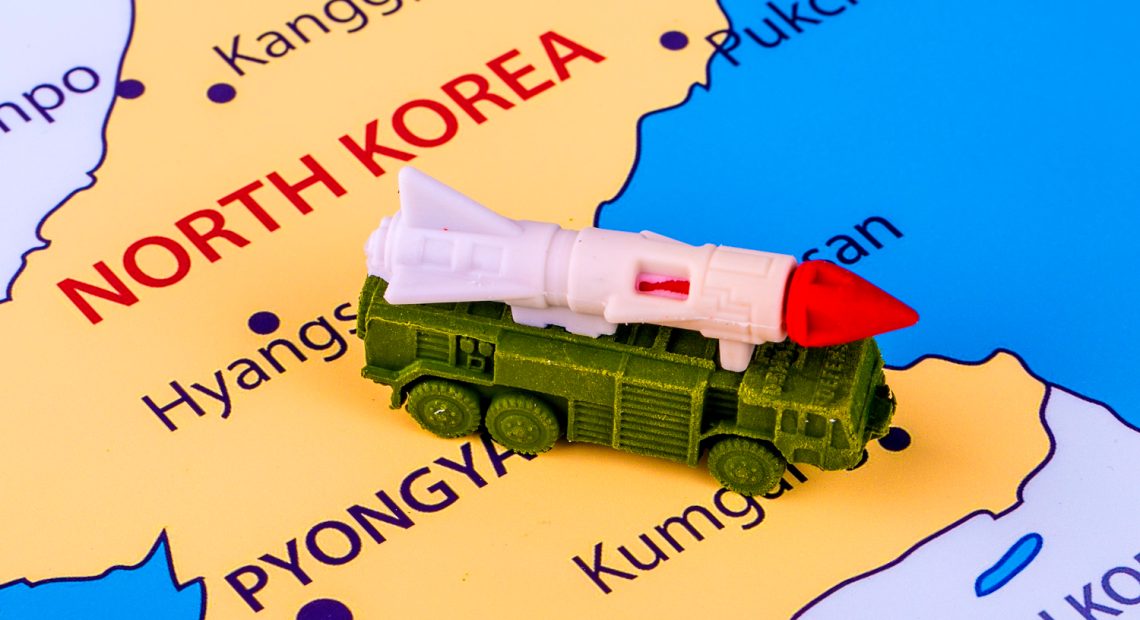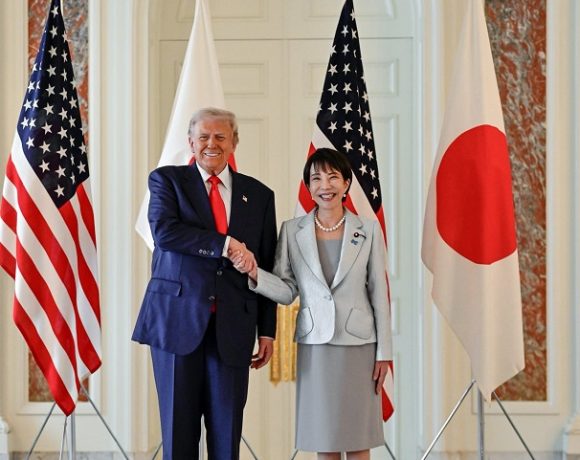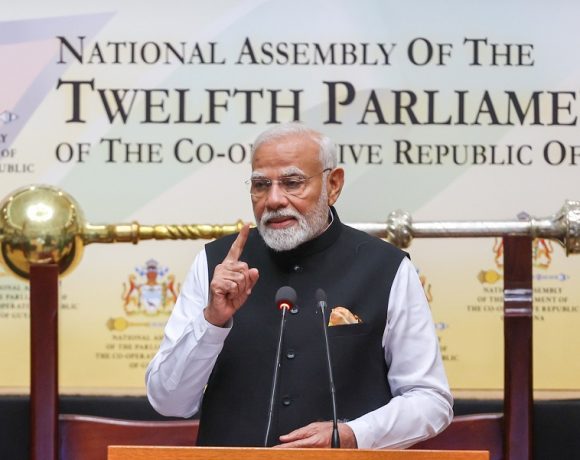
North Korea Accuses South of Drone Provocation, Tensions Rise
On October 11, North Korea’s foreign ministry accused South Korea of sending drones into its airspace, alleging the flights occurred at night over two weeks. According to North Korea, these drones dropped leaflets containing “inflammatory rumours and rubbish” aimed at Pyongyang.
Kim Yo Jong Warns of Consequences for Alleged Drone Incursions
Kim Yo Jong, the sister of North Korean leader Kim Jong Un, issued a stern warning to South Korea, threatening “horrible consequences” if the alleged drone incursions continued. She claimed there was “clear evidence” implicating “military gangsters” from the South in the provocations. North Korea released blurry images purportedly showing the drones and the leaflets, though these claims could not be independently verified.
South Korea Responds Amid Rising Border Tensions
South Korea initially denied the allegations, but its Joint Chiefs of Staff later stated they could neither confirm nor deny the claims. There has been speculation that activists, rather than the government, may have used drones or balloons to deliver similar materials to the North. Park Sang-hak, leader of the Free North Korea Movement Coalition, denied any involvement in the alleged drone activities, stating, “We did not send drones to North Korea.”
Military Moves and Escalation on Both Sides
In response to the accusations, North Korean leader Kim Jong Un convened a high-level meeting with military officials and ministers to set the “direction of immediate military action.” He instructed officials on “the operation of the war deterrent and the exercise of the right to self-defence.” Shortly after, explosions were reported at the Gyeongui and Donghae roads—symbolic routes that have connected the two Koreas in the past.
Following these incidents, South Korea’s military conducted live-fire exercises near the border and increased surveillance of North Korea’s movements. In response to rising tensions, the Gyeonggi Province government, which surrounds Seoul, declared 11 border areas as “danger zones” to discourage the spread of anti-North Korean leaflets. Kim Sung-joong, vice governor of Gyeonggi Province, emphasized that the act of sending leaflets could trigger “military conflict” and pose a threat to “the lives and safety of our residents.”
The situation between the two Koreas remains tense, with analysts interpreting North Korea’s actions as a message against further diplomatic engagement with the South. As both nations take defensive measures, the risk of escalation looms over the Korean Peninsula.


















